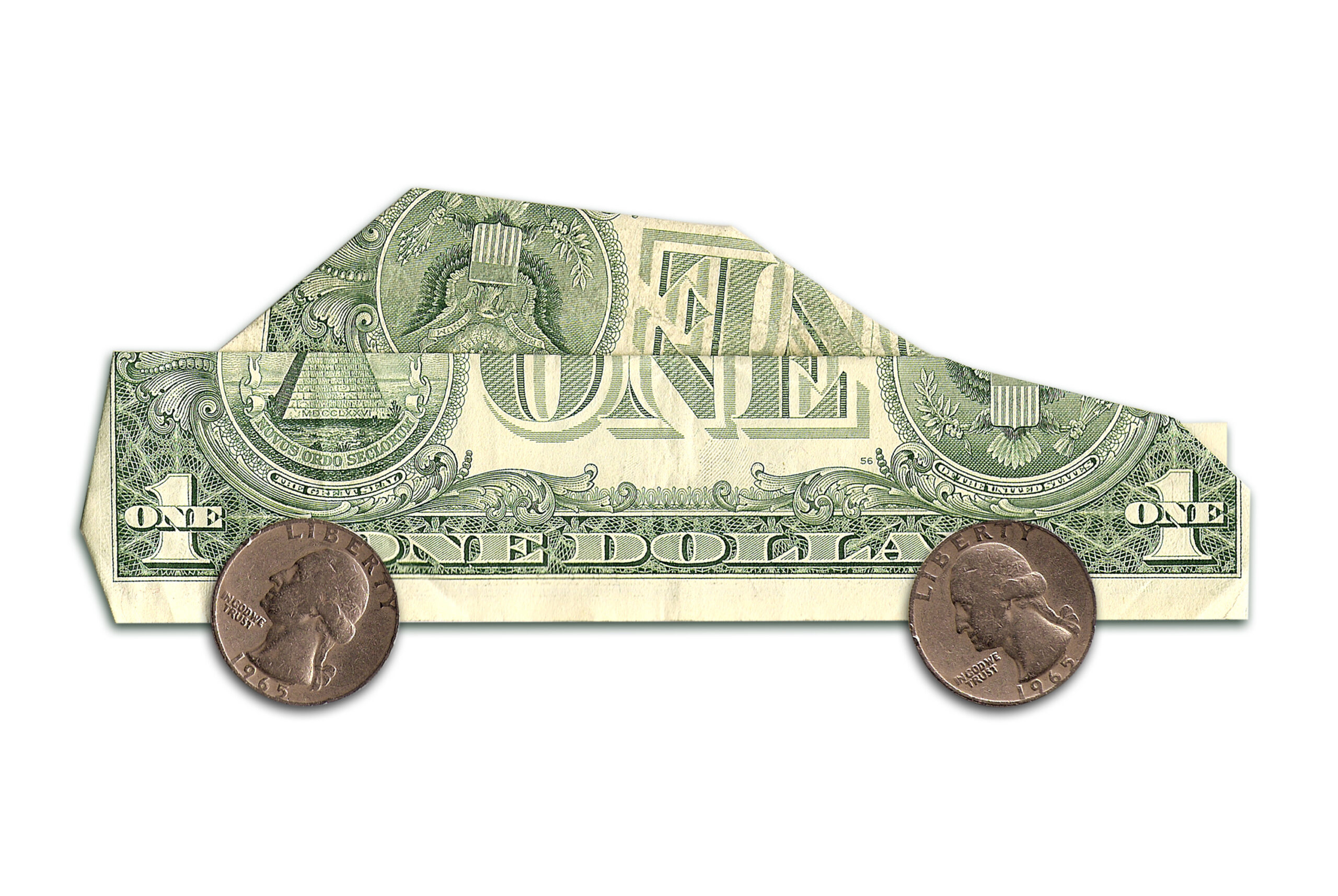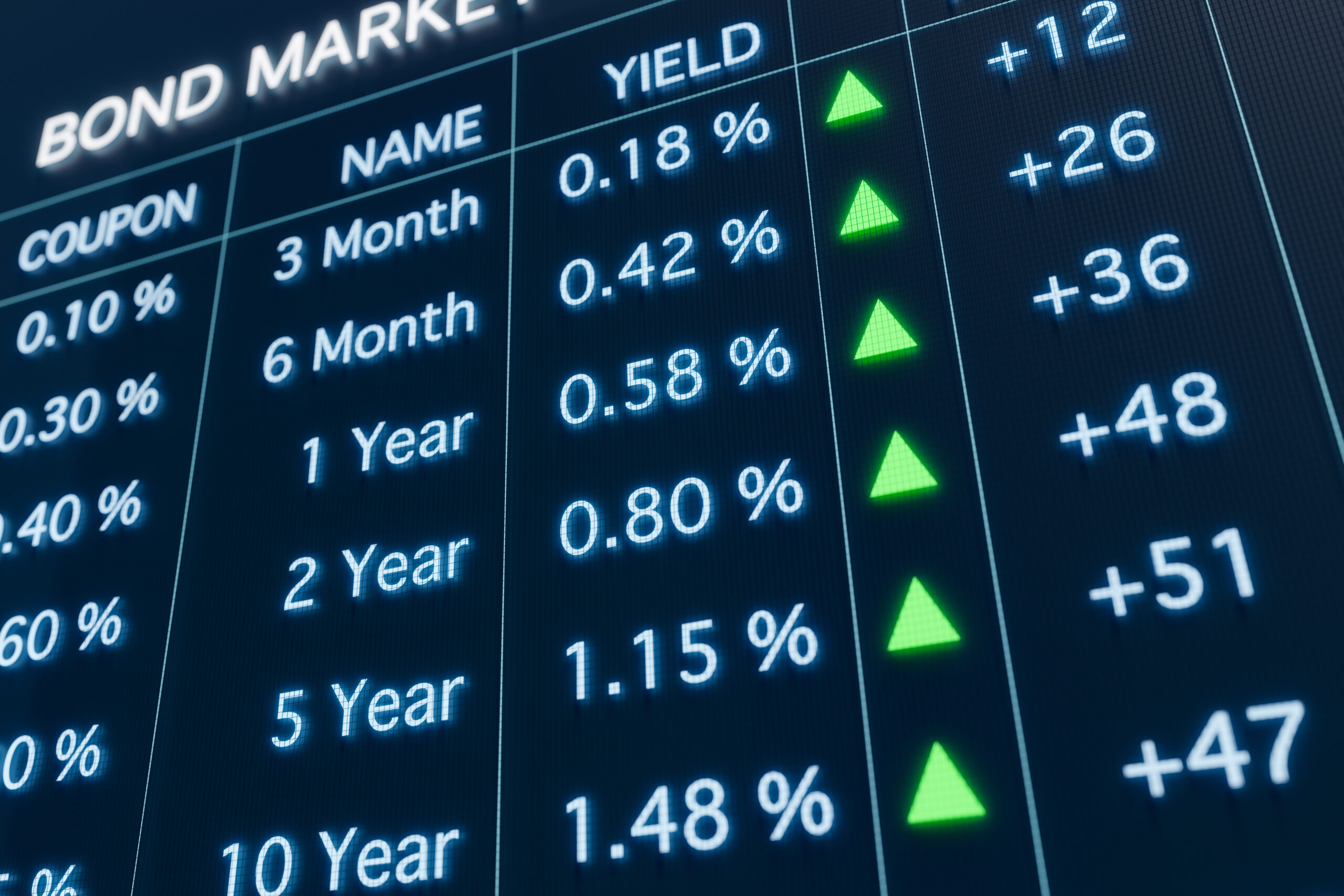
As of 20 April, The OnePlatform MPF Composite Index (compiled by OnePlatform Wealth Management Limited, Member of AGBA Group) was 237.52, with a 3.59% month-to-month increase.
The US banking crisis was quickly brought under control, coupled with improved global inflation data, and the market generally expects that the period of interest rate hikes is coming to an end, leading to the largest increase in the OnePlatform MPF Equity Index in April, with a 5.46% month-to-month increase; OnePlatform MPF DIS Core Accumulation Index increased by 2.97%; OnePlatform MPF DIS Age 65 Plus Index increased by 0.41% Only OnePlatform MPF Bond Index fell slightly by 0.09% month-to-month.
Overall, the OnePlatform Composite Index recorded a 4.65% increase so far this year.
Summary of MPF Fund Performance in April
The International Monetary Fund (IMF) cited the cost-of-living crisis, the pandemic, war and financial sector strains as contributing to the “sharper-than-expected slowdown”, particularly in advanced economies which are projected to grow by only 1.3% in 2023. Yet, a swift response to last month’s bank failures, as well as optimism surrounding slower central bank rate hikes, boosted Global Equity Fund by 5.01% in April.
Equity Funds:
US markets benefited from welcome inflation readings, and ISM Manufacturing and Services PMIs dropped significantly, further strengthening the case for less monetary tightening. Thus, indices gained in April, from the small-cap Russell 2000 (2.56%) to the large-cap Dow Jones (4.79%). Overall, United States Equity Fund returned 4.37% in April.
With the recent banking issues seemingly under control, European markets bounced back. The German DAX (5.78%), UK’s FTSE 100 (6.74%) and France’s CAC 40 (7.46%) were all positive despite ongoing protests and strikes. Meanwhile, the Euro STOXX 50 and 600 indices returned 6.44% and 6.09%, respectively. In April, Europe Equity Fund climbed 7.74%.
Although low inflation dampened sentiment slightly, encouraging growth figures lifted sentiment. In addition, the Alibaba empire announced its intention to split into six separate units, boosting the Hang Seng Index up to 7.27%. The region’s equities saw positive gains in April: China Equity Fund, Greater China Equity Fund and Hong Kong Equity Fund increased by 6.07%, 3.55% and 6.07%.
Despite concerns about an economic slowdown, Japan’s markets benefited from the expectation that the US Fed will soon pause rate hikes, as well as Warren Buffett signalling that he wants to increase exposure to Japanese equities. The Nikkei 225 and TOPIX indices climbed 6.29% and 5.72%, respectively. Over the month, Japan Equity Fund increased by 4.9%.
Bond Funds:
Fixed income had a lacklustre month as inflation cooled and central banks are increasingly expected to slow tightening. Treasury yields climbed by 0.05 pps, Bunds by 0.33 pps and Japan 10-year debt by 0.25 pps. Global Bond Fund fell by 0.11%.
Mixed Assets Funds & Money Market:
Mixed-asset investments performed in line with expectations, with equity-heavy funds outperforming their fixed income-heavy counterparts. Accordingly, Mixed Assets Fund (21% to 40% equity) returning 1.46% and Mixed Assets Fund (81% to 100% equity) returning 4.98% in April.
Meanwhile, money market sectors – predominantly comprising short-term borrowings and deposits – continued to show relatively little movement. MPF Conservative Fund and Money market Fund posted a return of 0.21% and 0.14% respectively.
Market review in April
In the most recent World Economic Outlook, the IMF projects global growth will slow from 3.4% in 2022 to 2.8% However, there is a silver lining: economic contractions can help ease price pressures and persuade central banks to slow or pause rate hikes. The IMF sees inflation falling from 8.7% to 7.0% in 2023, although it believes it is “unlikely” inflation targets will be reached before 2025. OPEC+ has issued a surprise announcement that it will cut production by more than 1 million barrels per day from May. As such, crude and Brent oil prices increased by 14.27% and 9.51%, respectively, and coal climbed by 11.32%.
Fed minutes show consensus to raise rates
The Federal Reserve raised rates by another quarter point in March. Following the announcement, Federal Reserve Chairman Jerome Powell said the committee does not anticipate rate cuts in 2023, and notes from the meeting suggest a few more increases are in store. Prices are responding, with annual inflation dropping from 6% to 5% in April, although core inflation increased slightly to 5.6%. Notably, producer price increases fell from 4.9% to 2.7%, which bodes well for the future. Politically, Congress has yet reached an agreement regarding the debt ceiling, with Republicans and Democrats at ideological and strategic loggerheads as politicians begin to announce their bids to run for president.
Inflation falls in Europe and the UK
According to the IMF, the United Kingdom is set to be one of the worst economic performers amongst advanced nations in 2023, contracting by 0.3% in 2023. However, Chancellor of the Exchequer, Jeremy Hunt, was quick to disagree, reportedly saying the UK government’s forecasts are significantly better. The Bank of England raised interest rates for the 11th consecutive time to 4.25% and inflation dropped by less than expected to 10.1%, with core inflation unchanged. The Bank of England also took a positive stance, stating that the UK banking system is resilient and has robust capital and strong liquidity positions. On the continent, France contended with massive protests over the retirement age, and Germany faced more strikes by transit workers. Price pressures did take a significant downturn from 8.5% in March to 6.9%, although core inflation reached a record-high 5.7%.
China’s Q1 economy delivers growth in headwinds Bucking the growth trend, China grew 4.5% in the last quarter, compared to the same quarter in 2022, and 2.2% on a seasonally adjusted basis during the three months. The IMF is also optimistic, forecasting annual growth of 5.2%. Inflation dropped to 0.7% in March, suggesting economic activity might be slowing, but exports rose 14.8% over the
year, suggesting otherwise. Meanwhile, China’s relationship with the United States continues to worsen. China launched a review of a US-based chip importer and US President Biden is reportedly planning to limit investments in China by US firms. China and the United States also provoked each other on foreign affairs. Xi Jinping also visited Putin in Russia last month, while Taiwan’s Tsai Ing-wen travelled to the United States.
Kazuo Ueda appointed as BOJ governor In April, Bank of Japan welcomed a new governor, Kazuo Ueda. At a press conference, he implied the central bank would maintain its accommodative stance, adding, however, that the long-term side-effects must be considered. On the fiscal front, the government set aside 2 trillion yen for inflation relief measures, including support for low-income households. Although manufacturing has slowed, services are benefiting from China’s recent opening. The IMF sees Japan’s GDP growth increasing slightly to 1.3% in 2023 before falling to 1% in 2024.
You May Be Interested In

OnePlatform Asset Management | 06 May 2024
Exploring the Potential of U.S. Equity Funds: Analyzing Factors Driving the U.S. Stock Market
OnePlatform Asset Management | 05 Mar 2024
Exploring the Beenfits of Investment-Grade Bond Funds in the Current Market Environment

